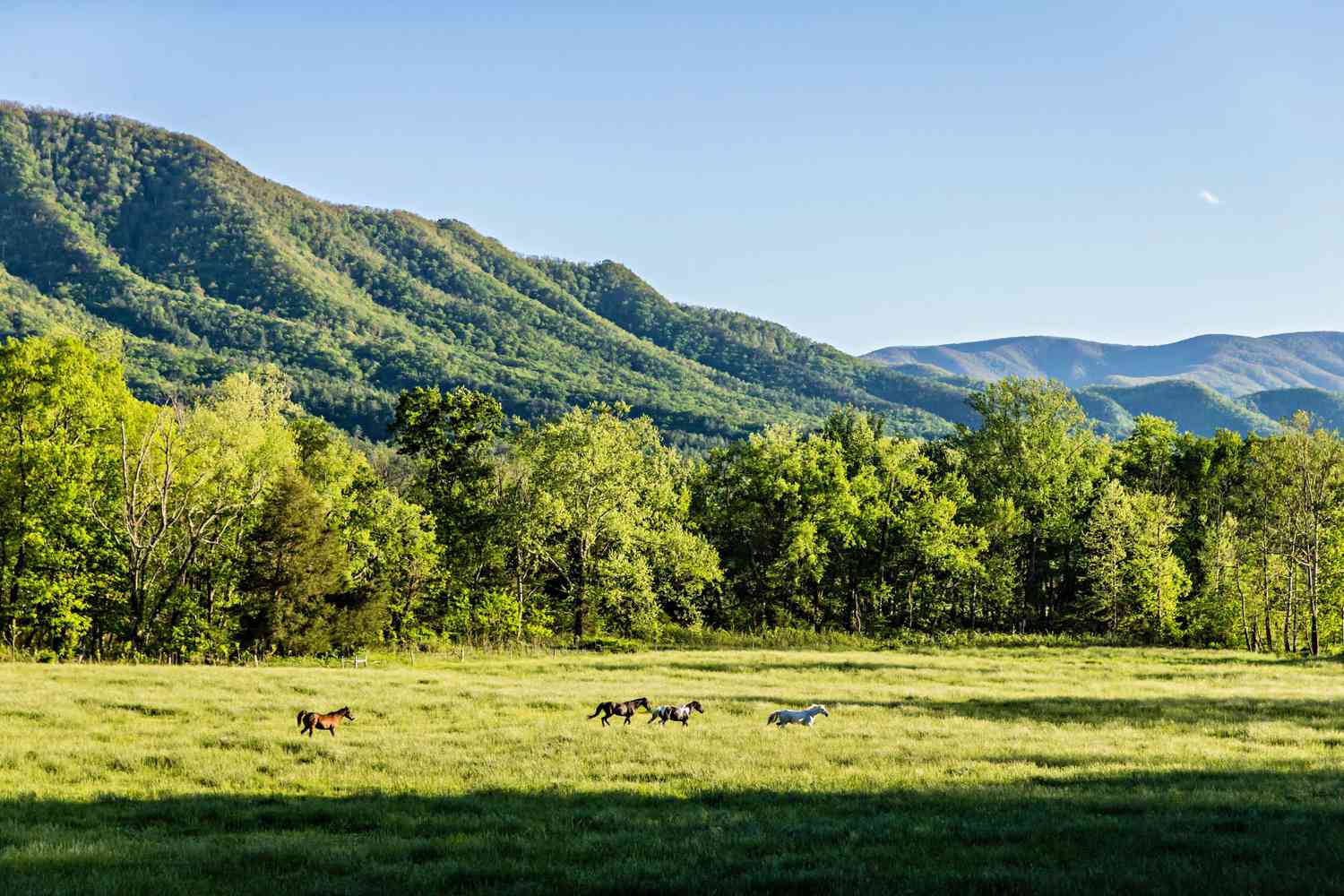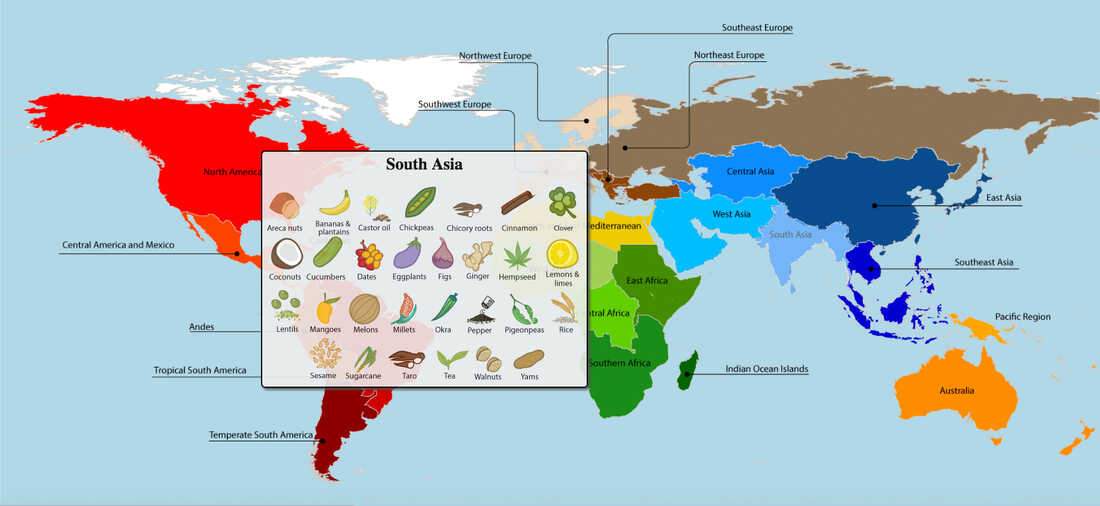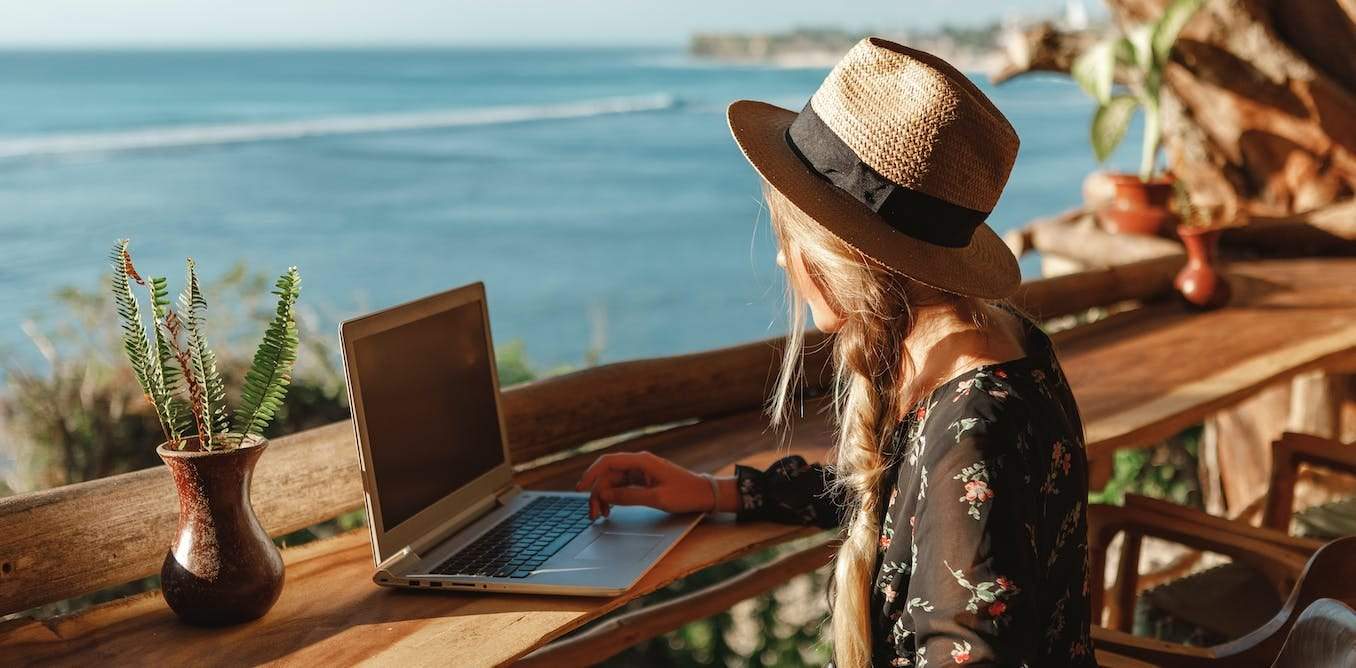
In an increasingly interconnected world, travel is more than just a vacation; it's a powerful tool for personal growth and understanding. As we navigate the complexities of 2025, the ability to embrace diverse cultures and perspectives becomes paramount. This guide explores how travel transforms the mind, fostering empathy, broadening horizons, and cultivating a deeper appreciation for our shared humanity. Discover how intentional travel experiences can reshape your worldview and contribute to a more peaceful and understanding global community.
Travel, at its core, is an experiential education. Stepping outside our comfort zones and immersing ourselves in different environments challenges our preconceived notions and opens us to new ways of thinking and being. This transformative power of travel is especially crucial in 2025, as global challenges require innovative solutions and collaborative efforts that transcend cultural boundaries.
Practical Guidance: Planning a Transformative Trip
Creating a truly transformative travel experience requires careful planning and intentionality. Here's a step-by-step guide to help you get started:
1. Define Your Intentions:
Before you even start browsing destinations, take some time to reflect on what you hope to gain from your trip. Are you seeking to broaden your understanding of a specific culture? Do you want to challenge yourself physically or mentally? Are you looking for a deeper connection with nature? Defining your intentions will help you choose the right destination and activities.
2. Choose a Destination that Resonates:
Consider destinations that offer opportunities for meaningful engagement with local communities. This could involve volunteering, taking language classes, or participating in cultural workshops. Research the history, customs, and traditions of the place you plan to visit. Understanding the context will enrich your experience and help you avoid unintentional cultural faux pas.
3. Embrace Slow Travel:
Instead of trying to cram as many sights as possible into a short period, opt for a slower pace of travel. This will allow you to truly immerse yourself in the local culture and build meaningful connections with the people you meet. Consider spending several weeks or even months in a single location, allowing you to develop a deeper understanding of the local way of life.
4. Step Outside Your Comfort Zone:
Challenge yourself to try new things, whether it's learning a few basic phrases in the local language, trying unfamiliar foods, or navigating public transportation. Stepping outside your comfort zone will help you grow as a person and develop a greater sense of resilience.
5. Document Your Experiences:
Keep a journal or blog to document your experiences and reflections. This will help you process what you're learning and retain the memories for years to come. Share your experiences with others to inspire them to embark on their own transformative journeys. Consider taking photos or videos, but be mindful of capturing moments without disrupting the local environment or culture. Respect people's privacy and always ask for permission before taking their picture.
Long-Term Considerations: Integrating Travel into Your Life
The transformative effects of travel don't have to end when you return home. Here's how to integrate your travel experiences into your daily life and continue to grow and learn:
1. Maintain Connections:
Stay in touch with the people you met during your travels. Social media and video conferencing make it easier than ever to maintain connections across geographical boundaries. These relationships can provide ongoing opportunities for cultural exchange and mutual understanding.
2. Support Local Businesses:
Seek out businesses in your community that are owned or operated by people from other cultures. This is a great way to support diversity and inclusion and continue learning about different traditions. Explore international restaurants, grocery stores, and cultural centers in your area.
3. Continue Learning:
Enroll in language classes, attend cultural events, or read books and articles about the places you've visited. Lifelong learning is essential for maintaining a global perspective and staying informed about current events.
4. Advocate for Global Issues:
Use your travel experiences to inform your advocacy efforts on issues such as climate change, poverty, and human rights. Share your stories with policymakers and community leaders to raise awareness and promote positive change. Consider volunteering with organizations that work on global issues or donating to causes that you believe in. See resources from organizations like [Amnesty International](https://www.amnesty.org/en/) or [Doctors Without Borders](https://www.doctorswithoutborders.org/).
5. Plan Your Next Adventure:
The best way to keep the spirit of travel alive is to plan your next adventure. Even if you can't travel internationally, consider exploring different regions of your own country. There's always something new to discover, no matter where you are.
The Ripple Effect: Travel and Global Citizenship
The transformative power of travel extends beyond individual growth. When we travel with intention and empathy, we contribute to a more peaceful and understanding world. By challenging our assumptions, building cross-cultural connections, and advocating for global issues, we become true global citizens. As technology continues to connect us in unprecedented ways, the ability to navigate cultural differences and collaborate effectively becomes increasingly important. Travel provides us with the skills and perspectives we need to thrive in a globalized world.
| Type of Travel | Focus | Potential Benefits | Considerations |
|---|---|---|---|
| Cultural Immersion | Deeper understanding of a specific culture through extended stays and local interactions. | Enhanced empathy, cross-cultural communication skills, broadened perspectives. | Requires significant time commitment and adaptability. May involve language barriers. |
| Volunteer Tourism | Contributing to community development projects while experiencing a new culture. | Making a positive impact, gaining hands-on experience, learning about sustainable practices. | Requires careful selection of reputable organizations. Potential for exploitation if not well-managed. |
| Adventure Travel | Challenging oneself physically and mentally through outdoor activities in new environments. | Building resilience, overcoming fears, connecting with nature, fostering self-reliance. | Requires physical fitness and careful planning. Potential for risks if not properly prepared. |
| Educational Travel | Participating in structured learning programs, such as language courses or cultural workshops. | Acquiring new skills and knowledge, gaining academic credit, meeting people with similar interests. | May be more expensive than independent travel. Requires adherence to program schedules. |
Choosing a volunteer organization requires careful vetting. Look for organizations with transparent financials, clearly defined goals, and a proven track record of success. Research reviews and talk to former volunteers to get a sense of the organization's culture and impact. Avoid organizations that exploit vulnerable populations or contribute to environmental degradation.
Travel in the Age of Sustainability
As responsible travelers, we must also consider the environmental impact of our journeys. Here are a few tips for traveling more sustainably:
- Choose eco-friendly accommodations and transportation options.
- Support local businesses that are committed to sustainable practices.
- Reduce your carbon footprint by flying less and offsetting your emissions.
- Respect local cultures and traditions.
- Leave no trace behind and avoid single-use plastics.
FAQ: Your Travel Transformation Questions Answered
- Q: How can I ensure my travel is ethical and benefits the local community?
- A: Choose locally owned accommodations and restaurants. Participate in community-based tourism initiatives. Avoid purchasing souvenirs that exploit vulnerable populations or contribute to environmental degradation. Always ask for permission before taking photos of people.
- Q: What if I experience culture shock or feel overwhelmed while traveling?
- A: Culture shock is a normal part of the travel experience. Give yourself time to adjust to the new environment. Seek out familiar comforts, such as reading a book or listening to music. Connect with other travelers or locals for support. Remember that it's okay to feel uncomfortable, and it's an opportunity to learn and grow.
- Q: How can I travel if I have limited financial resources?
- A: There are many ways to travel on a budget. Consider traveling during the off-season, staying in hostels or guesthouses, cooking your own meals, and taking advantage of free activities. Look for travel deals and discounts online. Consider options such as housesitting or work exchanges to reduce accommodation costs. Check resources from budget travel sites like [Nomadic Matt](https://www.nomadicmatt.com/).
- Q: Is it safe to travel alone as a woman?
- A: Solo travel can be a rewarding experience for women. Do your research and be aware of your surroundings. Trust your intuition and avoid situations that make you feel uncomfortable. Share your itinerary with friends or family and stay in touch regularly. Consider joining a women's travel group for support and companionship.
- Q: What are some resources for learning about different cultures and customs?
- A: Explore books, documentaries, and online resources such as travel blogs, cultural websites, and language learning apps. Talk to people who have traveled to the destinations you're interested in. Attend cultural events in your community to learn about different traditions and customs.
Disclaimer: This information is for informational purposes only and should not be considered professional travel advice. Always consult with travel experts and refer to official government advisories before planning your trip.
Sources:
- United Nations World Tourism Organization (UNWTO) - [https://www.unwto.org/](https://www.unwto.org/)
- Sustainable Travel International - [https://www.sustainabletravel.org/](https://www.sustainabletravel.org/)
- Amnesty International - [https://www.amnesty.org/en/](https://www.amnesty.org/en/)
Transformative travel is about more than just seeing new places; it's about expanding your mind, fostering empathy, and connecting with the world on a deeper level. By planning with intention, embracing slow travel, and integrating your experiences into your daily life, you can unlock the transformative power of travel and contribute to a more peaceful and understanding global community. Remember to travel responsibly, respect local cultures, and advocate for global issues. The journey of a thousand miles begins with a single step – start planning your transformative adventure today!




